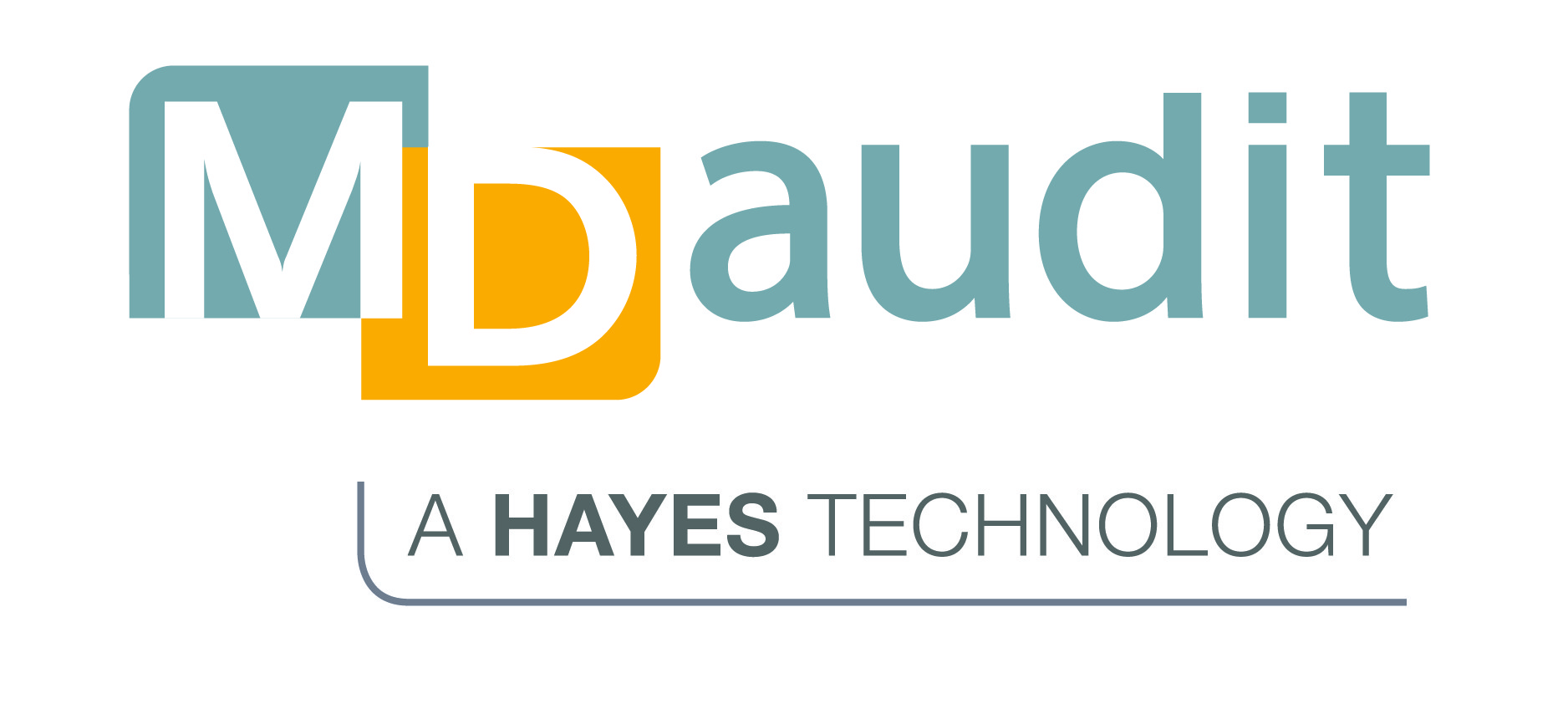Oct 28
2021
Hayes’ Healthcare Audit and Revenue Integrity Analysis Finds COVID-19 Claims and Bundling Errors Driving Denials
 Bundling errors continue to wreak havoc on hospital bottom lines in 2021, causing 34% of inpatient charge denials with an average value of $5,300 each. That’s according to an auditing and revenue integrity report analyzing more than $100 billion worth of denials and $2.5 billion in audited claims released today by Hayes, makers of MDaudit, the industry’s leading integrated auditing, billing compliance and revenue integrity platform for the nation’s premier healthcare organizations.
Bundling errors continue to wreak havoc on hospital bottom lines in 2021, causing 34% of inpatient charge denials with an average value of $5,300 each. That’s according to an auditing and revenue integrity report analyzing more than $100 billion worth of denials and $2.5 billion in audited claims released today by Hayes, makers of MDaudit, the industry’s leading integrated auditing, billing compliance and revenue integrity platform for the nation’s premier healthcare organizations.
“Healthcare Auditing and Revenue Integrity: 2021 Benchmarking and Trends Report” shares the findings of Hayes’ review of professional and hospital claims audited in MDaudit Enterprise during the first 10 months of 2021. Internal auditors identified a significant number of concerns in the claims they reviewed, with approximately 33% of the audits resulting in “disagree” findings. The concerns centered primarily around disagreements between procedure codes and diagnoses.
Focusing on denial trends, bundling was the top category for both inpatient and outpatient charge denials – the latter of which had an average value of $585 for each denied claim. The top reason was that the benefit had been included in a previously adjudicated service or procedure. Professional services had a first-time denial rate of 15%, led by claim submission/billing errors and carrying an average value of $283 each, while COVID-19 claims continue to attract higher denial rates from both commercial and federal payers.
“With the pandemic driving projected losses over $100 billion this year, hospitals and healthcare organizations are under intense pressure to optimize revenue flow and reduce compliance risk,” said Peter Butler, CEO, Hayes. “Gaining control over denials by focusing on both auditing and training providers and coders to improve documentation is a logical first step – particularly given that 43% of rendering providers and 27% of hospital coders fail internal audits and auditors have ‘disagree’ findings about 33% of the time. Left unaddressed, this is a huge revenue and compliance risk for organizations.”
Other key findings in the report include:
- 40% of COVID-19-related charges were denied and 40% of professional outpatient audits for COVID-19 and 20% of hospital inpatient audits failed.
- Undercoding poses a significant revenue risk, with audits indicating the average value of underpayment is $3,200 for a hospital claim and $64 for a professional claim.
- Overcoding remains problematic, with Medicare Advantage plans and payers under scrutiny for expensive inpatient medical necessity claims, drug charges, and clinical documentation to justify the final reimbursement.
- Missing modifiers resulted in an average denied amount of $900 for hospital outpatient claims, $690 for inpatient claims, and $170 for professional claims.
- 33% of charges submitted with hierarchical condition category (HCC) codes were initially denied by payers, highlighting increased scrutiny of complex inpatient stays and higher financial risk exposure to hospitals.
“As 2021 winds down, healthcare organizations need to address revenue and compliance risk through a unified revenue integrity-based approach, which provides an opportunity to use denial insights to help focus auditing efforts while also incorporating prospective audits to reduce denials,” said Butler. “Further, by expanding the scope of audits to incorporate risk-based and prospective audits, organizations can increase the impact of their compliance programs by more rapidly identifying and addressing risk, resulting in improved revenue flow and reduced risk of takebacks.”
About the Report
Healthcare Auditing and Revenue Integrity: 2021 Benchmarking and Trends Report is based on current charge and remit data from MDaudit Enterprise customers, including charges and denials sent to all payer types. The report includes more than 900 facilities, 50,000 providers, 1,500 coders and 700 auditors from U.S.-based acute care and children’s hospitals, academic medical centers, healthcare systems, and single and multi-specialty physician groups. Access Healthcare Auditing and Revenue Integrity here.